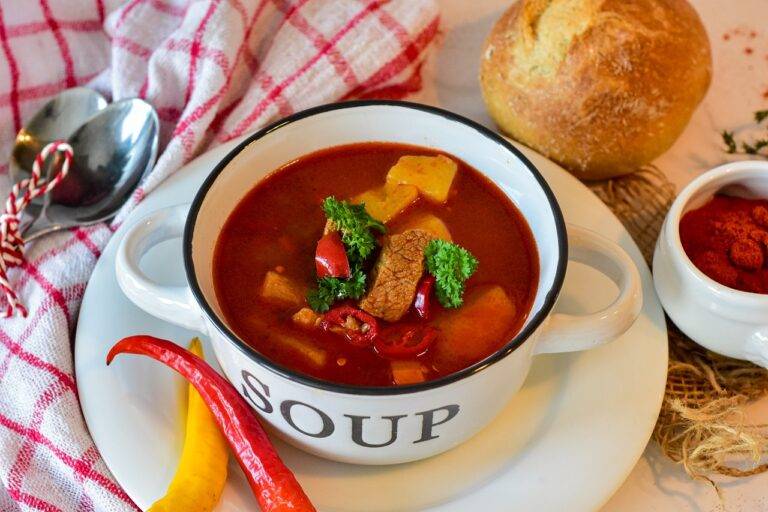The Role of Culinary Arts in Local Communities
The culinary arts play a vital role in boosting local economies by creating job opportunities and attracting tourists. Restaurants, cafes, and food festivals contribute to the growth of the hospitality sector, leading to increased employment and revenue generation in the community. Moreover, local farmers and producers benefit from the demand for fresh, high-quality ingredients, promoting agricultural sustainability and supporting the local supply chain.
In addition, culinary establishments stimulate economic development by fostering a vibrant dining scene that attracts both residents and visitors. The presence of diverse dining options enhances the overall appeal of a region, encouraging people to explore different culinary experiences and supporting small businesses. As a result, the thriving food industry not only generates income for local entrepreneurs but also enhances the overall quality of life in the community.
Promotion of Cultural Exchange through Food
Food serves as a universal language that effortlessly bridges cultural barriers and fosters understanding between diverse communities. Through the sharing of traditional dishes, recipes, and culinary techniques, individuals are able to immerse themselves in different cultures and gain a deeper appreciation for the richness and diversity of human traditions. This exchange of culinary knowledge not only encourages cultural appreciation but also promotes mutual respect and unity among people from various backgrounds.
Moreover, the act of preparing and sharing meals together transcends language barriers, creating a sense of connection and camaraderie that goes beyond words. Food has the power to evoke memories, spark conversations, and create lasting bonds between individuals who may have otherwise remained strangers. By embracing the culinary traditions of different cultures, we open ourselves up to new experiences and perspectives, ultimately enriching our own lives and contributing to a more interconnected global community.
How can culinary arts benefit local economies?
Culinary arts can benefit local economies by attracting tourists, creating jobs in the food industry, and increasing the demand for locally sourced ingredients.
How does food promote cultural exchange?
Food promotes cultural exchange by allowing people to experience different cuisines from around the world, learn about the traditions and customs of different cultures, and connect with others through shared meals.
Can culinary events and food festivals help promote cultural exchange?
Yes, culinary events and food festivals can help promote cultural exchange by showcasing a variety of cuisines, providing opportunities for people to try new foods, and fostering cross-cultural understanding and appreciation.
How can individuals support cultural exchange through food in their daily lives?
Individuals can support cultural exchange through food by trying new recipes from different cultures, dining at ethnic restaurants, participating in food-related events and workshops, and sharing their own culinary traditions with others.





